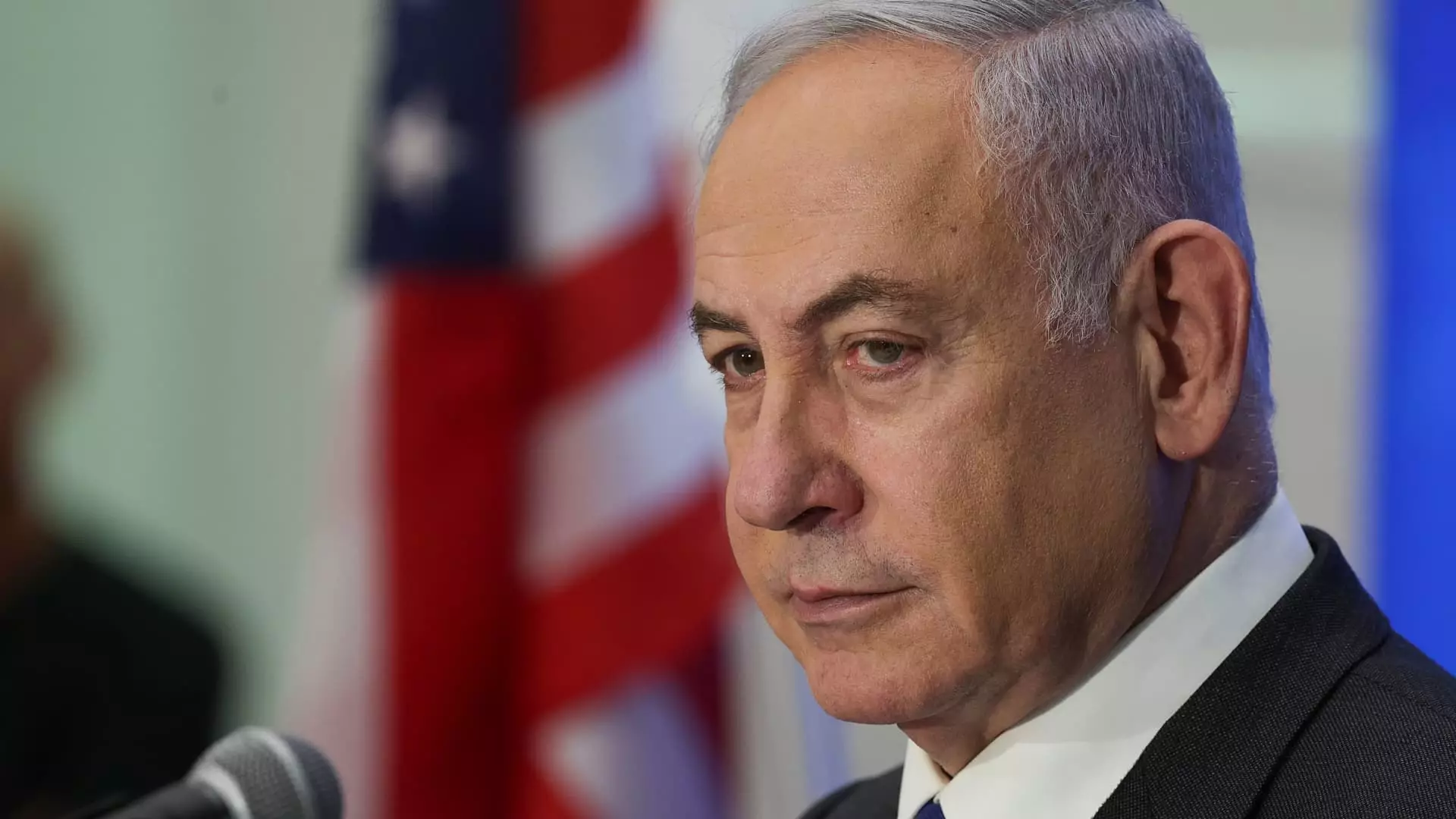Vice President Kamala Harris and more than 30 Capitol Hill lawmakers have chosen not to attend Israeli Prime Minister Benjamin Netanyahu’s address to a joint meeting of Congress. Harris’ absence is particularly eye-catching as the vice president traditionally presides over such sessions. Additionally, former President Donald Trump’s running mate, Ohio Sen. JD Vance, will also be missing the speech due to his responsibilities as the Republican nominee for Vice President. This decision to skip the address reflects a departure from the usual protocol, raising questions about the significance of Netanyahu’s speech amid heightened tensions in the Middle East.
The Backdrop of Controversy
Netanyahu’s speech to Congress comes at a crucial moment, with the Israel-Hamas conflict still fresh in people’s minds following months of violence and a humanitarian crisis in Gaza. The situation has sparked widespread protests in Washington, including a demonstration in Congress’ Cannon House Office Building that led to the arrests of approximately 200 protesters. The refusal of certain lawmakers to attend Netanyahu’s address underscores the deeply divisive nature of his policies, particularly regarding the conflict in Gaza and the West Bank. Critics like Sen. Bernie Sanders have been vocal about their disapproval of Netanyahu’s approach, calling for his actions to be condemned rather than celebrated.
The decision by Harris and other lawmakers to skip Netanyahu’s speech has broader political implications. It highlights the complex relationship between the United States and Israel, which spans beyond individual governments and administrations. Senate Foreign Relations Chairman Ben Cardin emphasized the enduring nature of this relationship, stating that it transcends partisan politics. However, the absence of key officials like Harris and Vance suggests a growing rift within Congress regarding how to approach Israel and its leadership.
While Netanyahu’s address to Congress is marked by controversy, his visit to Capitol Hill also includes meetings with top congressional leaders like House Speaker Mike Johnson and Senate Minority Leader Mitch McConnell. Additionally, he is scheduled to have separate meetings with President Joe Biden and Vice President Kamala Harris at the White House. These diplomatic engagements take on added significance in light of the tensions surrounding Netanyahu’s speech, serving as opportunities for dialogue and potentially reconciliation between the U.S. and Israel.
The decision by Vice President Kamala Harris and other lawmakers to boycott Israeli Prime Minister Benjamin Netanyahu’s address to Congress reflects a broader debate about U.S. foreign policy and the future of Israeli-American relations. While some see Netanyahu as a staunch ally, others view his policies with skepticism and condemnation. The controversy surrounding his speech underscores the need for open dialogue and constructive engagement in addressing the complex issues facing the Middle East.


Leave a Reply